Urgent Call for Systemic Change: New Report Highlights Consequences of Global North’s Inaction on Climate Finance
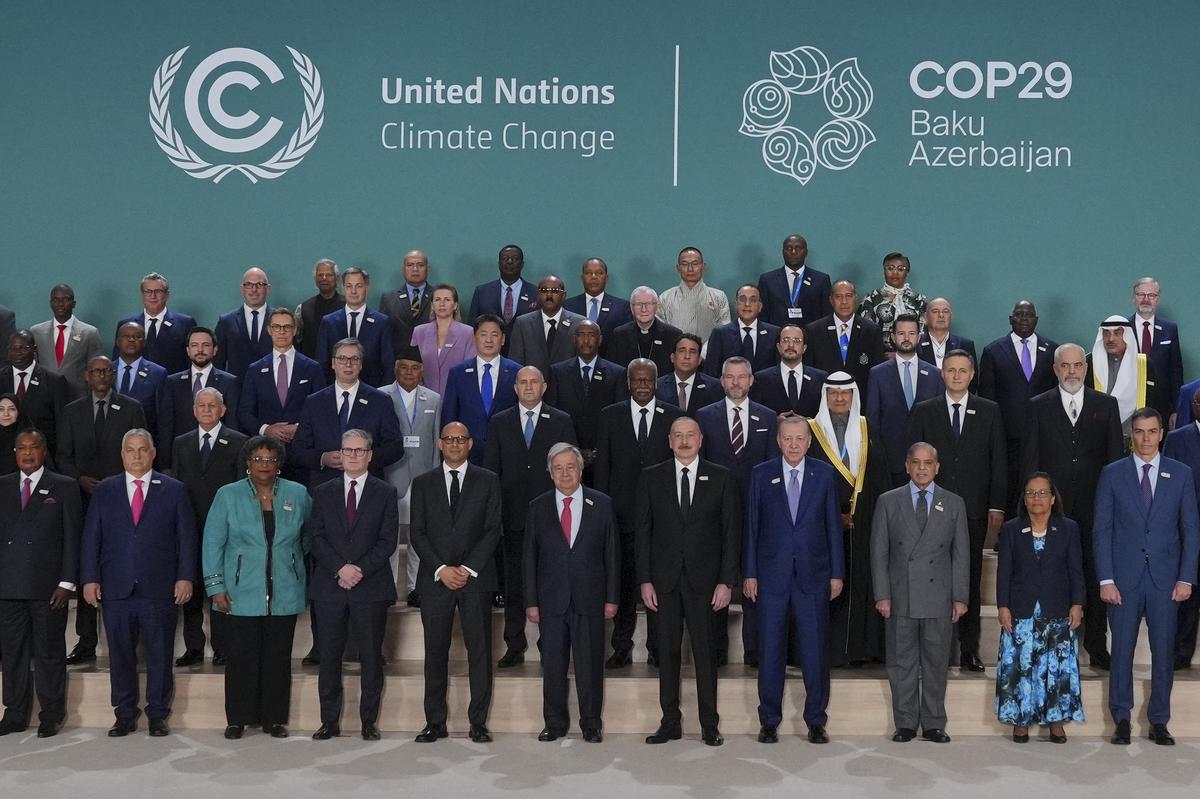
A recent report titled “Fair Shares, Finance, Transformation – Fair Shares Assessment, Equitable Fossil Fuel Phase Out, and Public Finance for a Just Global Climate Stabilization” has shed light on the severe repercussions stemming from the Global North’s refusal to fulfill its obligations regarding climate finance. The report was jointly released by a global coalition of civil society organizations, including social movements, environmental and development NGOs, trade unions, and faith groups, and has received endorsements from over 300 organizations worldwide.
Published on November 15, 2024, in Baku, Azerbaijan, the 2024 Civil Society Equity Review marks a decade since the inaugural assessment of countries’ climate ambitions, which was introduced prior to the 2015 Paris Climate Summit. This year’s review underscores the detrimental impact of developed nations’ reluctance to contribute their fair share, particularly regarding financial support for climate initiatives. The report also highlights how this situation is exacerbated by the fossil fuel industry’s organized resistance and the exploitative practices of the global elite.
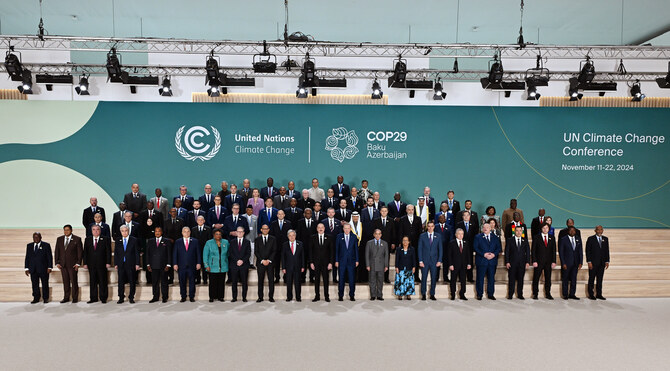
The report emphasizes that sufficient funding exists to support a just and effective global transition to sustainable climate practices if there is the political will to act. It advocates for systemic changes necessary to end the global dependency on fossil fuels and to address growing inequalities.
Key insights from the report include a critical examination of the Global North’s negotiators, who have been hesitant to confront the scale of climate financing needed. According to the report, their refusal to engage with realistic funding estimates endangers the United Nations Framework Convention on Climate Change (UNFCCC) process and poses a threat to the entire multilateral system. The report argues that true realism lies in acknowledging the available resources to mitigate the climate crisis and highlights that the reallocation and redistribution of these financial resources are now imperative for survival.

The 2024 Civil Society Equity Review builds on previous assessments and presents several important findings:
1. An updated analysis of Nationally Determined Contributions (NDCs) for 2035, detailing critical demands for phasing out fossil fuels in the upcoming rounds of NDCs.
2. A warning regarding the significant gap in the Global North’s contributions compared to their fair shares, especially their reluctance to engage in discussions about the trillions of dollars needed for effective climate finance.
3. A comprehensive discussion on the availability of financing for climate initiatives, identifying potential areas for funding.
4. A detailed outline of necessary systemic changes, categorized into immediate reforms and long-term goals essential for moving away from a fossil fuel-dependent and increasingly unequal society.
The report serves as a crucial call to action, urging developed nations to recognize their responsibilities and to act decisively to fund climate solutions and promote equity on a global scale.
Related Articles
The SFERE Clean Cooking Awareness Campaign: Advancing Solutions Through Community Engagement
Progress in clean cooking is happening one step at a time through...
Strengthening Rwanda’s SMEs for Circular Food Systems: Embedding Circularity Beyond Project Implementation for Long-Term Transformation
As Rwanda advances its circular economy ambitions, small and medium-sized enterprises (SMEs)...
Powering Food, Restoring Land: How Renewable Energy and Regenerative Agriculture Are Transforming Rwanda’s Farms
Across Rwanda’s rolling hills, a quiet revolution is underway. It begins in...
Late February Weather Alert: Heavy and Above-Average Rainfall Forecast Across Rwanda
The Ministry in charge of Disaster Management (MINEMA) has issued a weather...






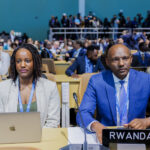


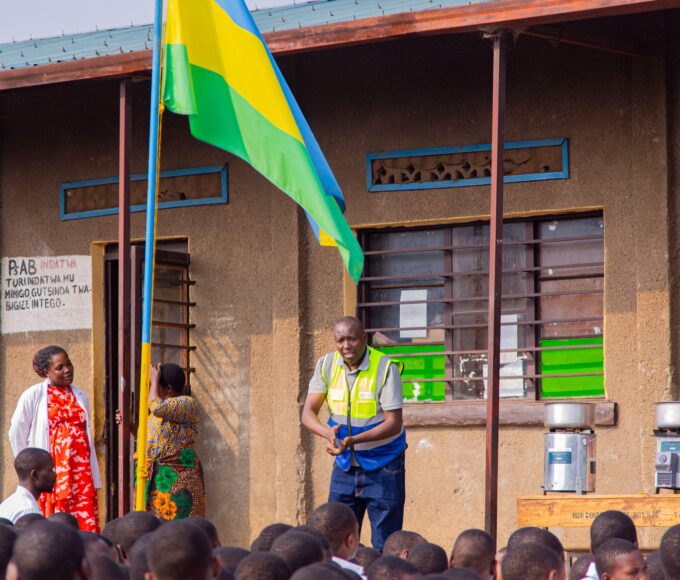
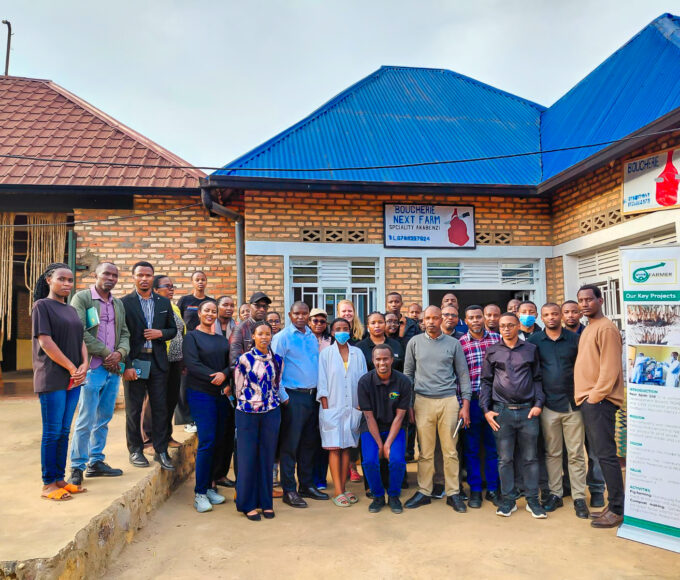


Leave a comment